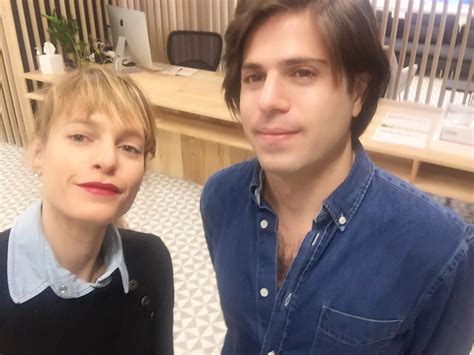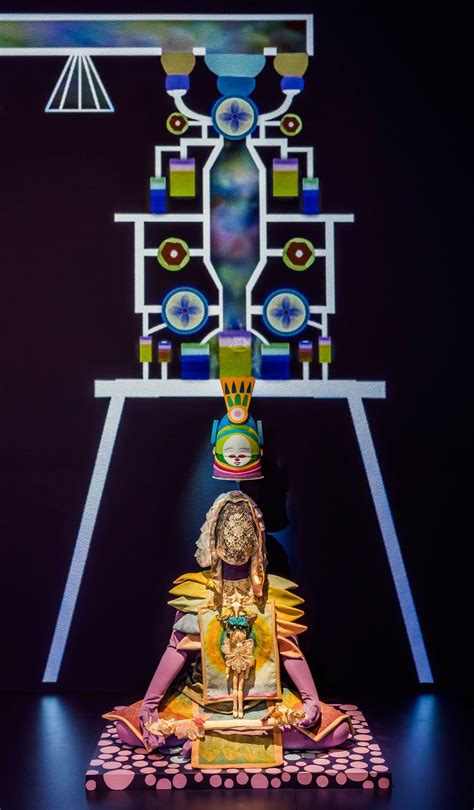A Quote by James May
I'm a big user of digital technology, but I don't find it beautiful.
Quote Topics
Related Quotes
This is the same problem I have with digital photography. The potential is always remarkable. But the medium never settles. Each year there is a better camera to buy and new software to download. The user never has time to become comfortable with the tool. Consequently too much of the work is merely about the technology. The HDR and QTVR fads are good examples. Instead of focusing on the subject, users obsess over RAW conversion, Photoshop plug-ins, and on and on. For good work to develop the technology needs to become as stable and functional as a typewriter.
History is littered with great firms that got killed by disruption. Of course, the personal computer, a technology that first took root as a toy, got Digital Equipment Corporation. Kodak missed the boat for a long time on digital imaging. Sony was slow to get MP3 technology. Microsoft doesn't know what to do with open source software. And so on.
My hope is that digital technology will level things out more and that it will eventually eliminate favoritism. But technology cannot do it alone. The audience has to become more discriminating as well and not buy into every big tentpole movie because they have been brainwashed into thinking that's the movie to see.

































